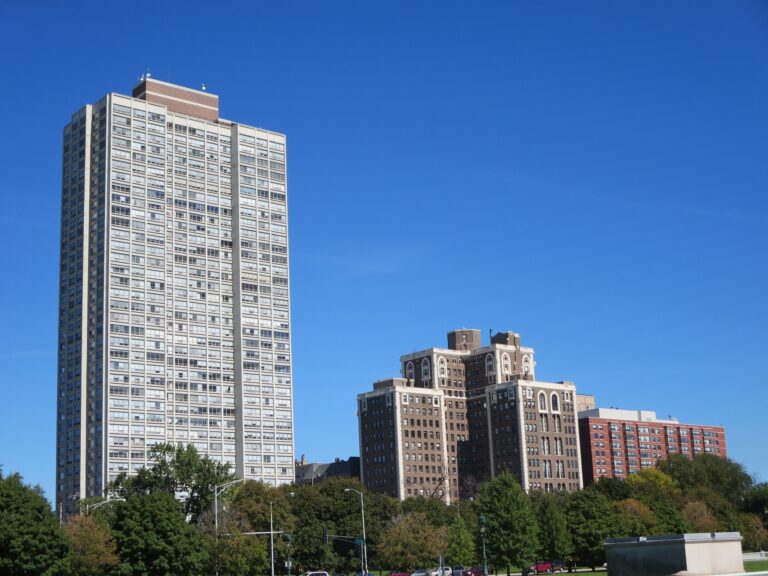Agriculture is a vital sector of the Indonesian economy, employing millions of people and contributing significantly to the country’s gross domestic product (GDP).
Indonesia is the world’s fourth-largest producer of palm oil, the world’s fifth-largest producer of coffee, and the world’s tenth-largest producer of rice. In addition, Indonesia is also a significant producer of cocoa, rubber, and spices.
Despite being a major player in the global agriculture market, the sector in Indonesia faces several challenges, including low productivity, inadequate infrastructure, and climate change.
This article provides a comprehensive overview of the agriculture industry in Indonesia, including the important segments, trends, regulations, challenges, and interesting statistics.
Important Segments:
1. Palm Oil:
Palm oil is the most significant agricultural commodity in Indonesia, accounting for approximately 11% of the country’s export earnings. The country is the world’s largest producer of palm oil, with an annual production of around 43 million tons. Palm oil is primarily used in the food industry, but it is also an essential ingredient in the production of cosmetics, soaps, and biofuels.
2. Rice:
Rice is a staple food in Indonesia, and the country is the world’s third-largest producer of rice, with an annual production of approximately 36 million tons. Rice cultivation is mainly concentrated in Java, Sumatra, and Sulawesi. Small-scale farmers produce around 85% of the rice crop, with the remainder being produced by large commercial farms.
3. Coffee:
Indonesia is the world’s fifth-largest producer of coffee, with an annual production of approximately 650,000 tons. The country produces both Arabica and Robusta coffee, with the former being grown in the highlands of Sumatra, Sulawesi, and Java, while the latter is grown in lowland areas across the country.
4. Rubber:
Rubber is a significant export commodity for Indonesia, with the country being the world’s second-largest producer of natural rubber, after Thailand. Indonesia produces approximately 3 million tons of natural rubber annually, with the industry concentrated in Sumatra, Java, and Kalimantan.
- Cocoa:
Cocoa is an important agricultural commodity in Indonesia, with the country being the world’s third-largest producer of cocoa beans. Cocoa cultivation is concentrated in Sulawesi, Sumatra, and Papua. Approximately 75% of the cocoa produced in Indonesia is exported, primarily to the European Union and the United States.
Trends:
- Increasing adoption of technology:
The agriculture sector in Indonesia is witnessing the increasing adoption of technology, with farmers using drones, sensors, and other advanced equipment to improve crop yields and reduce costs. The government is also investing in various agricultural technologies, such as precision agriculture and agroforestry, to improve productivity and sustainability.
- Focus on sustainable agriculture:
There is a growing awareness in Indonesia about the need for sustainable agriculture practices to address environmental concerns, such as deforestation, land degradation, and water scarcity. The government is promoting sustainable agriculture practices, such as organic farming and integrated pest management, and providing incentives to farmers to adopt such practices.
- Growing demand for organic products:
There is a growing demand for organic food products in Indonesia, driven by increasing health awareness and concerns over food safety. The organic food market in Indonesia is projected to grow at a compound annual growth rate (CAGR) of 12.6% between 2020 and 2025, driven by increasing consumer awareness and government initiatives to promote organic farming.
Regulation:
Regulation plays a crucial role in shaping the agriculture industry in Indonesia. The Indonesian government has implemented several policies and regulations to support the sector’s growth and development.
The agriculture sector in Indonesia is governed by various laws and regulations, including the Agricultural Law, the Plantation Law, and the Animal Husbandry Law. These laws regulate various aspects of the sector, such as land use, crop cultivation, livestock breeding, and fisheries.
One of the primary regulations is Law No. 16 of 2006 on Agriculture, which aims to promote sustainable agriculture practices, increase food production, and enhance farmers’ welfare. The law mandates that the government should prioritize the development of agricultural infrastructure, provide financial support to farmers, and ensure food security.
Another significant regulation is Law No. 13 of 2010 on Horticulture, which focuses on the development of the horticulture subsector. The law aims to increase productivity and competitiveness by providing support for research and development, technology transfer, and marketing of horticulture products.
Moreover, the Indonesian government has implemented several programs to support smallholder farmers, including the Family Farming Empowerment Program and the Agricultural Extension Services Program. These programs provide training, financial support, and technical assistance to small farmers to improve their productivity and income.
The Indonesian government has also implemented several policies to encourage private sector investment in the agriculture industry. For example, the government has offered tax incentives to companies investing in the agriculture sector, reduced tariffs on imported agricultural machinery, and provided subsidized loans for agriculture-related businesses.
Despite these regulations and policies, the agriculture industry in Indonesia still faces significant challenges. One of the primary challenges is the lack of infrastructure and technology, which limits productivity and efficiency. Moreover, climate change and environmental degradation pose significant threats to the sector, including decreased crop yields and increased pest and disease prevalence.
In conclusion, the agriculture industry in Indonesia is a vital sector that plays a significant role in the country’s economy and society. The sector encompasses a diverse range of activities and products, from food crops to livestock and forestry. The industry has significant potential for growth and development, given the country’s vast natural resources and diverse climate. However, several challenges, including infrastructure and technology limitations, climate change, and environmental degradation, must be addressed to ensure the sector’s sustainable development.
Conclusion
The agriculture industry is a vital sector in Indonesia, contributing significantly to the country’s economy and supporting the livelihoods of millions of people. The industry has seen various trends and developments over the years, and with the government’s efforts to modernize and transform the sector, it is poised for growth and further development.
The various sub-sectors of agriculture in Indonesia, such as palm oil, rubber, and fisheries, continue to face challenges, including land availability, climate change, and labour issues. However, innovative solutions, such as precision agriculture and sustainable farming practices, are being implemented to address these challenges and increase productivity.
The government’s regulatory framework and policies play a crucial role in shaping the agriculture industry’s growth and development. In recent years, the government has implemented various initiatives to support the sector, including infrastructure development and investment incentives.
Indonesia’s agriculture industry has significant potential for growth and development, and there are many opportunities for investment and expansion in the sector. With the right policies, technology, and investment, the agriculture industry in Indonesia can become a key player in the global market, contributing to economic growth and prosperity.



